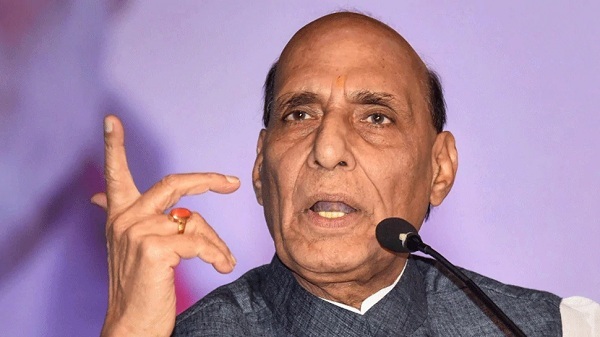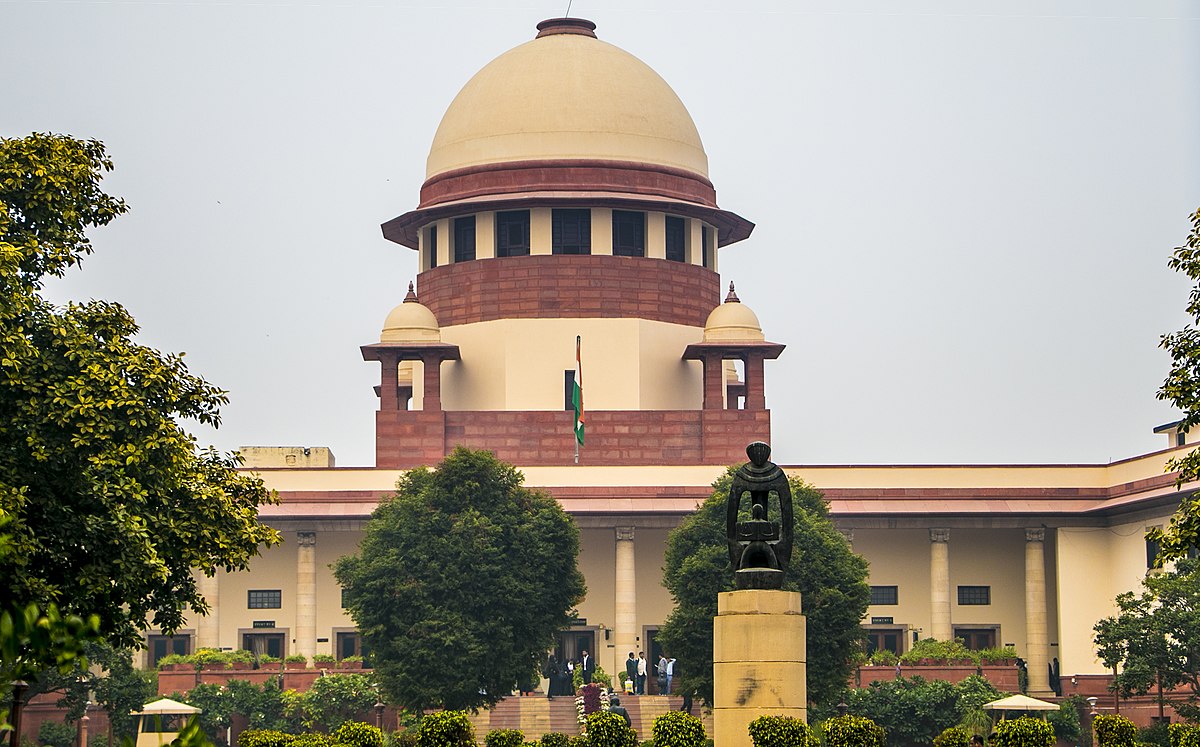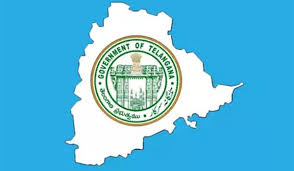Rajnath Singh says starting a war is in our hands, but ending it is not
Fri 18 Sep 2020, 16:08:23

NEW DELHI: Uncertainty over the next round of talks between India and China continued on Thursday amid no let up in the tough statements emanating from New Delhi and Beijing over tensions along their common Line of Actual Control (LAC) border in Ladakh.
In New Delhi, Defence minister Rajnath Singh said no force could stop Indian troops from patrolling regions that New Delhi considers part of its territory. This was in response to questions from MPs in the Rajya Sabha about Chinese troops blocking the movement of Indian patrols within the Indian side of the LAC amid heightened tensions between the two countries.
While China has taken the position that the delicate situation on the borders should be handled in a responsible manner, “it is apparent from Chinese activities that their words don’t match their actions," Singh said in a statement to the Rajya Sabha.
The minister also said starting a war was in “our hands" but ending it was not – in what may be seen as a warning to China against starting hostilities with India. India wanted to resolve its current border tensions with China through dialogue, the minister said but added that the government would take all steps including difficult ones to secure India’s sovereignty and integrity.
In Beijing, Chinese foreign ministry spokesman Wang Wenbin stuck to the Chinese position that New Delhi was to blame for the tensions.
The tough exchange came amid question marks over a delay in scheduling dates for the next round of corps commander level talks that were expected this week, following a meeting between the foreign ministers of India and China on 10 September in Moscow. During the ministerial talks the two sides had agreed on five points including “that the current situation in the border areas is not in the interest of either side" and that “the border troops of both sides should continue their dialogue, quickly disengage, maintain proper distance and ease tensions."
It was expected that the corps commanders in their sixth meeting, since tensions shot up four months ago, would look at a plan to disengage troops including thousands amassed by both countries just behind the LAC, which would in turn pave the way for de-escalation of tensions.
Arriving at a disengagement plan at the corps commander level talks was seen as a test of Chinese intent to stick to the terms of what was agreed between the two foreign ministers last
week.
week.
Troops of the two countries were facing off against each other – with just some hundreds of metres separating the two sides at points -- along the north and south bank of the Pangong Tso lake as well as some other areas.
A violent clash between the two sides left 20 soldiers dead on the Indian side and an unspecified number dead on the Chinese side on 15 June in Galwan. And earlier this month, troops from both sides fired in the air on two separate occasions, using firearms for the first time in decades.
On Thursday, Chinese foreign ministry spokesman Wang put the onus of ensuring peace on India.
“Chinese border troops have always strictly abide by the agreements between the two countries and are committed to safeguarding China’s territorial sovereignty and maintaining peace and tranquility in the border areas," he said.
“The most urgent task is for India to immediately correct its wrongdoing, disengage from contact on the spot as soon as possible, and take concrete actions to promote the easing of the border situation," he was quoted as saying by PTI.
On his part, Defence Minister Singh said the Chinese actions so far had reflected a disregard of various bilateral agreements.
“As of now, the Chinese side has mobilized a large number of troops and armaments along the LAC as well as in the depth areas. There are several friction areas in Eastern Ladakh including Gogra, Kongka La and North and South Banks of the Pangong Lake," he told parliament.
If the Chinese side implemented the agreement reached between the two foreign ministers last week “sincerely and faithfully" then it could “lead to complete disengagement and restoration of peace and tranquility in the border areas," he said.
This was a sentiment underlined by the Indian foreign ministry later on Thursday.
The Chinese side should sincerely work with the Indian side for complete disengagement at the earliest from all friction areas including Pangong Lake as well as de-escalation in border areas in accordance with the bilateral agreements and protocols on maintenance of peace and tranquility in border areas," Indian foreign ministry spokesman Anurag Srivastava said.
“We hope the Chinese side will strictly respect and observe the line of actual control and not make further attempts to unilaterally change status quo," he added.
No Comments For This Post, Be first to write a Comment.
Most viewed from National
Most viewed from World
AIMIM News
Delhi Assembly polls: Owaisi leads Padyatra in Okhla
Feb 01, 2025
We reject this Waqf Amendment Bill: Asaduddin Owaisi
Jan 30, 2025
Latest Urdu News
Most Viewed
May 26, 2020
Which team will win the ICC Men's Champions Trophy 2025 held in Pakistan/Dubai?
Latest Videos View All
Like Us
Home
About Us
Advertise With Us
All Polls
Epaper Archives
Privacy Policy
Contact Us
Download Etemaad App
© 2025 Etemaad Daily News, All Rights Reserved.

.jpg)
.jpg)
.jpg)
.jpg)
.jpg)
.jpg)
.jpg)
.jpg)




.jpg)
.jpg)
.jpg)
.jpg)
.jpg)
.jpg)
.jpg)
.jpg)





















